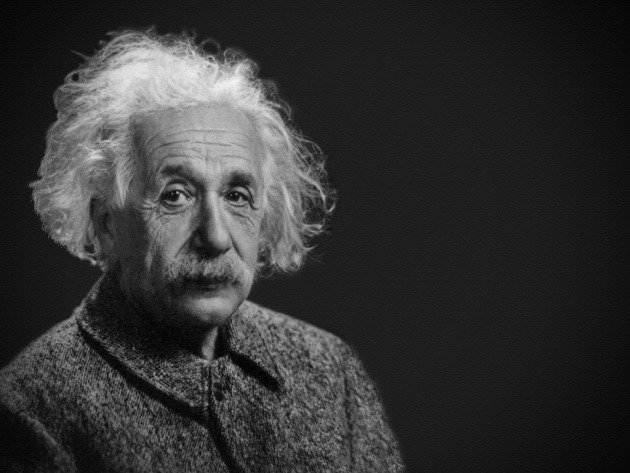In a revelation that has stunned both the scientific and religious communities, previously unseen letters of Albert Einstein have surfaced, revealing his startling views on the existence of God. Despite being known for his scientific rationalism, these letters suggest a more complex and profound perspective on the divine. Discover the mind-blowing details of what Einstein truly believed about God and how it challenges everything we thought we knew about the legendary physicist!
A Hidden Treasure Unearthed
The letters, discovered in a dusty attic in Princeton, New Jersey, by a descendant of one of Einstein’s close friends, are a treasure trove of personal insights and reflections. Written in the last decade of his life, these documents offer a glimpse into the private thoughts of the man who revolutionized our understanding of the universe with his theories of relativity.
A Surprising Revelation
One letter, in particular, has caught the world’s attention. Dated December 1954, just months before his death, Einstein wrote to a fellow physicist, discussing his views on God and spirituality. In a surprising departure from his public persona, Einstein wrote:
“I have spent my life questioning the mysteries of the universe, and in my pursuit of knowledge, I have come to a profound conclusion: there is a divine force at work in the cosmos. This realization has brought me great solace and a deeper appreciation of the beauty and complexity of our world.”

Einstein and Religion: A Complex Relationship
Einstein’s relationship with religion was always complex. He famously stated, “God does not play dice with the universe,” a metaphor expressing his discomfort with the randomness of quantum mechanics. He also described himself as a “deeply religious nonbeliever,” a phrase that has puzzled many.
However, the newly discovered letters reveal that his views on God were far more nuanced. Einstein admired the cosmic order and the intricate laws governing the universe, which he often described in almost spiritual terms. He was critical of organized religion but seemed to acknowledge a higher power or guiding force behind the cosmos’ harmony.
A Personal Transformation
The letters indicate that Einstein’s views evolved significantly towards the end of his life. In one letter, he described a transformative experience while meditating by a lake in Switzerland:
“As I sat by the water, contemplating the reflections and ripples, I felt an overwhelming sense of unity with the universe. It was as if I could perceive the underlying order and intelligence behind all existence. In that moment, I felt the presence of a divine spirit, a guiding hand that shapes the cosmos with purpose and love.”

Implications for Science and Faith
The implications of these revelations are profound. Einstein’s acknowledgment of a divine force challenges the often rigid divide between science and religion. It suggests that one of history’s greatest scientific minds saw no contradiction in embracing both scientific inquiry and spiritual belief.
These letters could spark a renewed dialogue between the scientific and religious communities, encouraging a more integrated understanding of the universe. It is a reminder that the pursuit of knowledge, whether through science or spirituality, is driven by the same fundamental human desire to understand our place in the cosmos.
The World Reacts
The reaction to these letters has been mixed. Some scientists view them as a personal reflection rather than a scientific endorsement of religious belief. Religious leaders, on the other hand, see them as a validation of their faith by one of the most respected figures in history.
Regardless of the varied interpretations, one thing is clear: Einstein’s legacy has become even more intriguing. These letters add a new dimension to our understanding of his thoughts and beliefs, painting a picture of a man who, despite his unparalleled intellect, remained humble in the face of the universe’s mysteries.









